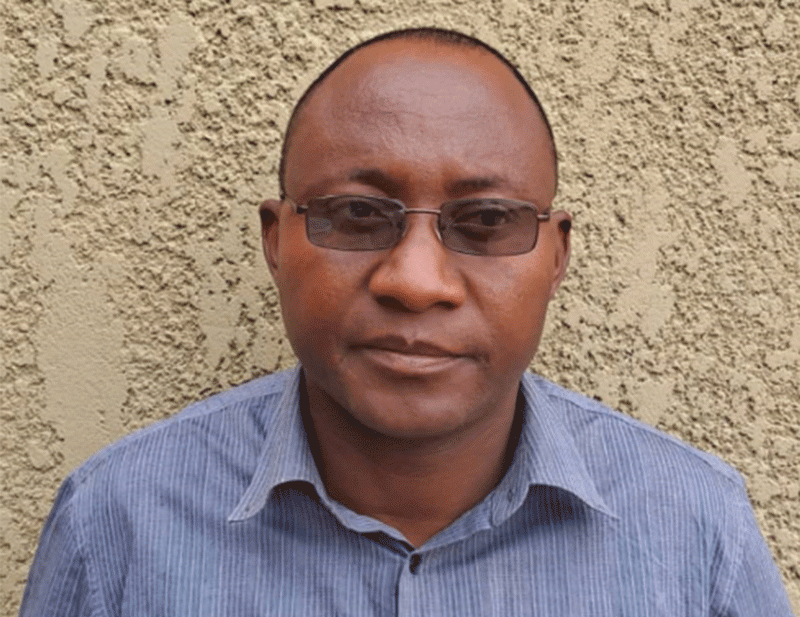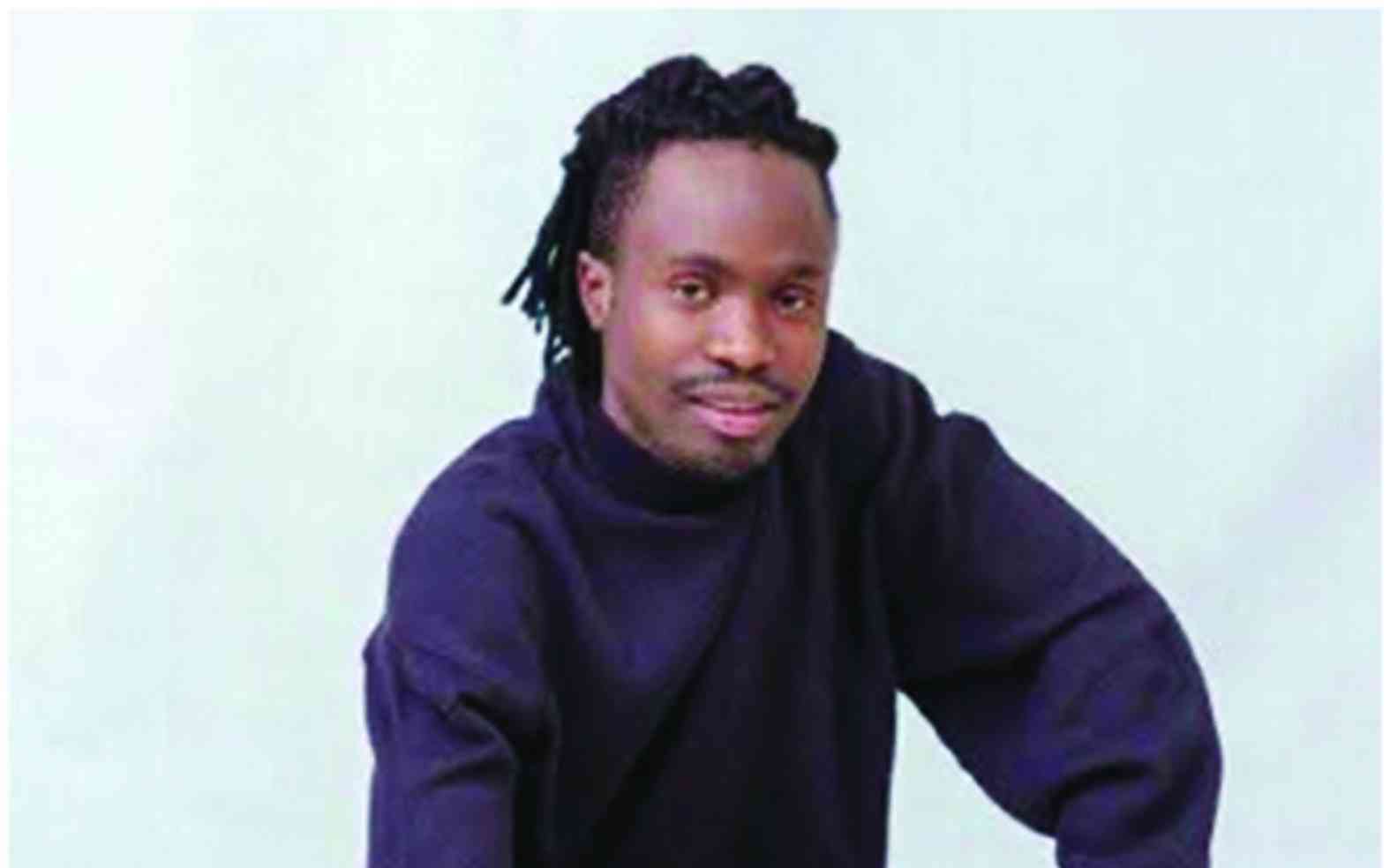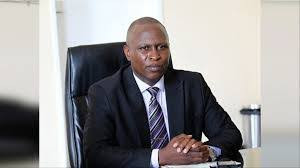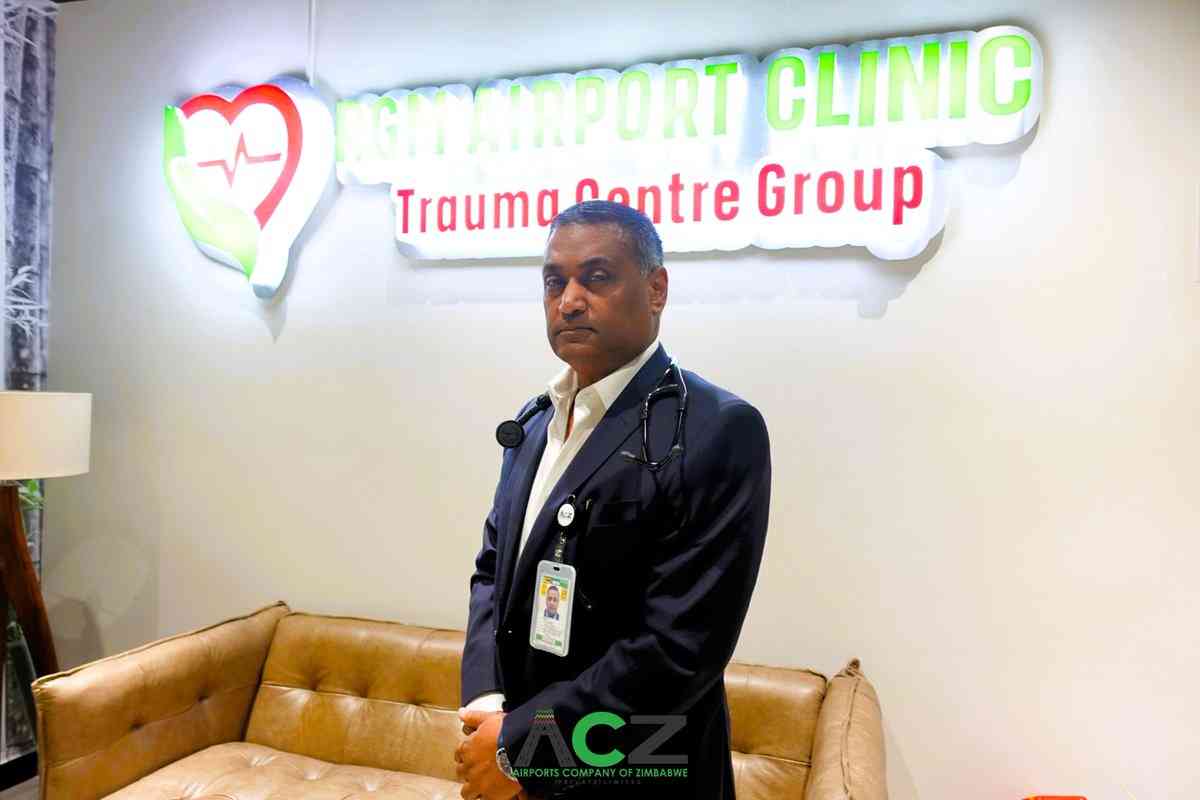
MANY foreigners are being humiliated in South Africa and Zimbabweans are not spared. There is operation Dudula, a peppery operation targeting foreigners, especially those who own businesses in South Africa.
What surprises us is that the foreigners are the ones who do the menial jobs in South Africa, from being farm labourers to general cleaners. KwaZulu Natal province is famous for sugarcane farming, the same practice we see in Triangle or Chiredzi in Zimbabwe. Why then are foreigners vilified in South Africa to the extent of being killed?
Recently, social media was awash with a video of Limpopo province Member of the Executive Council, Phophi Ramathuba berating a defenceless Zimbabwean patient admitted at Bela Bela Hospital. The doctor had the temerity to defend herself for what she had done. It does not need a rocket scientist to see that Ramathuba was offside.
There are two different issues involved in the matter, the first one being of patient care, while the second one is of governance. Ramathuba should understand that she should be highly ethical and professional in front of patients, irrespective of age, disease or disability, creed, ethnic origin, sex, nationality, political affiliation, race, sexual orientation and social standing.
The Hippocratic oath has been in existence since 400BC when a philosopher and physician, Hippocrates realised that medical practitioners were operating without some specific guidance.
The oath was universally adopted by the World Medical Association in 1948 in Geneva and the “Do no harm or hurt to patients” clause remains very important.
The Refugees Act 130 of 1998, the 2007 Department of Health Circular, the Immigration Act and the Constitution of South Africa all state that all people in South Africa, regardless of status and nationality have the right to access healthcare services and that no one should be denied emergency services.
MEC Ramathuba should, therefore, separate governance issues from patient issues and if she has a bone to chew with Zimbabwean political leadership, kindergarten education should nudge her to direct her grievances to the right offices.
- Byo Chiefs, Gem Boys share spoils
- Reunification facility gives migrants lifeline
- Reunification facility gives migrants lifeline
- SA should stop harassing foreigners
Keep Reading
Patients should not suffer because they are deemed foreigners by fellow black cadres waging unnecessary wars of attrition.
One thing is that the affected patient can be subjected to all forms of abuse at the hospital, from simple neglect, physical and mental abuse to gas-lighting.
Health and development are symbiotic in nature, hence the need for clever consideration of the health sector in our country. If the country is to out-compete other African countries on health service delivery, a strong primary health care should be established.
The characteristics of a sound primary health care should include meeting people’s health needs throughout their lives, addressing the broader determinants of health through multi-sectoral policy and action and empowering individuals, families and communities to take charge of their own health.
What should we do as Zimbabwe to remain indisputably strong healthwise? Questions have been asked about why our health delivery system is faltering yet the country has some of the biggest brains in the world.
The country has produced high calibre professors, doctors, nurses, scientists in the medical field and has thus become a training ground for many health professionals.
The unfortunate phenomenon is brain drain and many push factors have been identified which include the so-called political instability, poor quality of life in Zimbabwe, limited access to health care and lack of economic opportunities in the country.
Many factors have contributed to these ills and among them are a raft of economic sanctions imposed on the country, rampant corruption that is wiping away millions of dollars, inconsistent policies, capital flight just to mention a few.
The country continues to lose thousands of healthcare workers to greener pastures. In 2021, Zimbabwe lost more than 2 100 health workers to other nations, 1 800 of whom being nurses. Lately, there has been unprecedented demand of nurse assistants, especially in the United Kingdom.
It is a pity that many professionals have jostled to nurse aid training centres in order to start practising as simple carers. Year 2022 will go down in memory as the year of nurse aids!
The nation should, therefore, address its ills if we are to attain international health practice status. It is not a secret that our health delivery system is lacking two important pillars on the World Health Organisation framework, the health workforce and financing.
Because of poor working conditions that persist in the health sector, the probability of having a sound health system remains very low.
Brain drain will remain a major challenge, strikes will remain, job boycotts will dominate as many healthcare workers complain of lack of motivation.
Both intrinsic and extrinsic factors of motivation should be taken into consideration as espoused by Herzberg in his two-factor theory of motivation.
Healthcare workers are dedicated, diligent in nature, but trouble comes when they want to send their children to school. School fees crisis, bus fare issues, rentals and other overheads all dominate.
Proposals have been made about non-monetary benefits for healthcare workers. The strategy was sound, but the implementation stage seems to be the biggest bottleneck. It is prudent that government sets adequate financing on the health sector taking cognisance of the delicate nature of the sector.
Can the nation achieve the expected health deliverables without adequate staff, without experienced and dedicated staff? The answer is a simple, No! It is, therefore, wise to invest in health workforce if we are to attain universal health coverage.
- Johannes Marisa is president of the Medical and Dental Private Practitioners Association of Zimbabwe. He writes here in his personal capacity.











